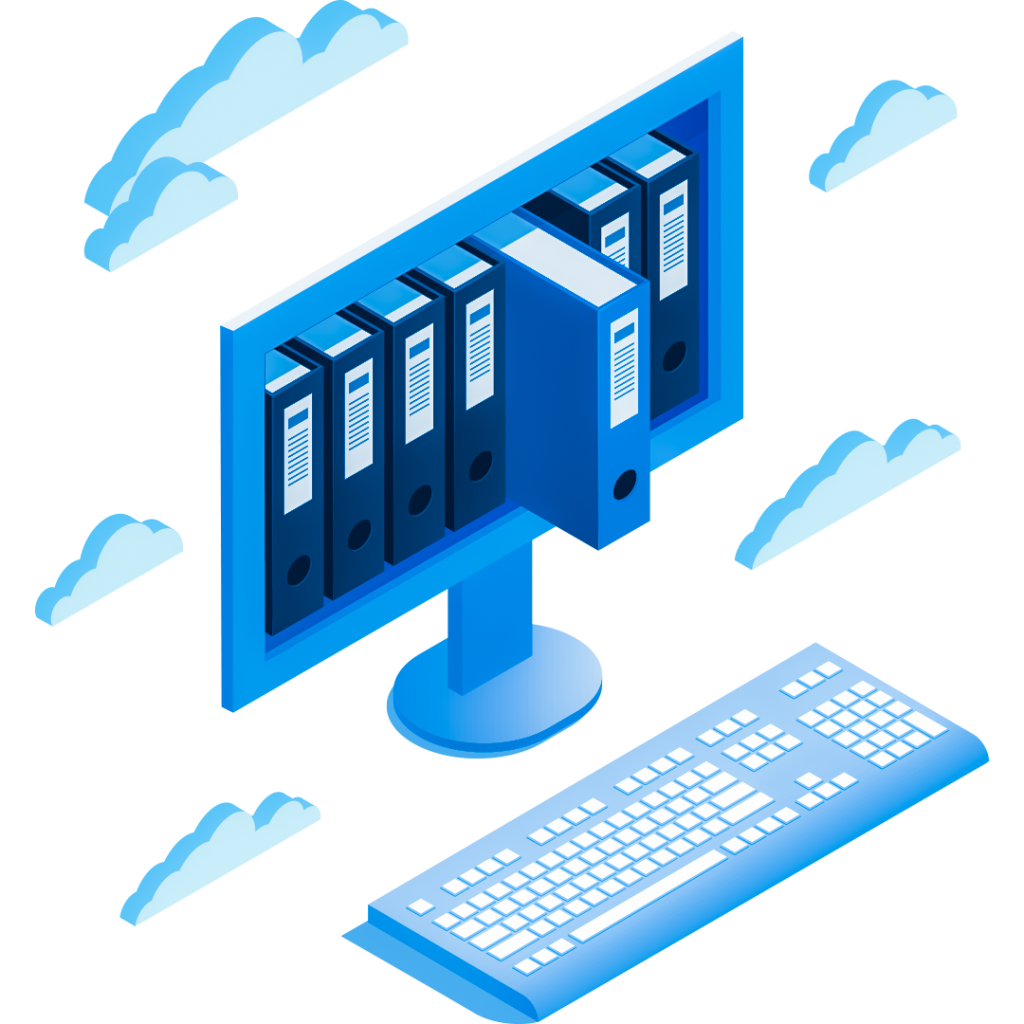
About the Journal
The Diamondbridge Economics & Business Journal is an institutional-based independent, and double blind peer-reviewed journal. It publishes original quality research papers on business innovation, entrepreneurship development, management practices, economic theories, empirical studies and methodological works in economics and behavioral sciences. The Diamondbridge Economics & Business Journal is a quarterly publication owned and sponsored by Garden City Premier Business School, Nigeria. The publication is managed by the Garden City Premier Business School on the advice of the Editorial Board (www.gacpbs.com).
The journal is full open access that supports the interchange of ideas amongst researchers and practitioners and adopts a multi-disciplinary approach towards finding lasting solutions to the problems that daily confront enterprises and national economies.
Aim and Scope
Check out all our articles
The Diamondbridge Economics & Business Journal a full open access institutionally sponsored double blind peer-reviewed journal. The aim of the journal is to provide intellectual platform for business and economic researchers to share ideas on existing and new developments in all business-related disciplines, but not limited to the following: Business strategy, international business, operations management, supply chain and logistics management, marketing management, information technology, ethics and corporate social responsibility, development economics, monetary economics, environmental economics, energy economics, public policy, change management, public sector project management, management development, strategic management and leadership, organizational psychology and industrial relations, human resource management, employment relations, entrepreneurship and innovation, petroleum and energy economics, social entrepreneurship, etc.
The journal is globally assessable and manuscripts of research papers are welcomed across the globe.
What do we publish?
Open Access Policy
The Diamondbridge Economics & Business Journal is an open-access journal available for readers, researchers, and interested participants who are without restriction to read, download, copy, distribute, print, search, or link to the full texts of the articles, or use them for any other lawful purpose, without asking prior permission from the publisher or the author. All articles submitted go through a plagiarism detection software at 20% sensitivity tolerance.
Article Processing Charge
The Diamondbridge Economics & Business Journal in line with an open access journal with no subscription charges, a fee (Article Publishing Charge, APC) is payable by the author or research funder to cover the costs of publication. With this payment, articles will be made accessible to the research community and any interesting global community. APC of 100 USD is charged on any content upon acceptance by the Editor.


Digital Archiving Policy and GCP Option
The Diamondbridge Economics & Business Journal is an institutional-based journal that is committed to ensuring scholarly work gets to the research community globally. The article publishing charge contains no waiver, as the processing fee covers only publication cost; the digital archiving and retrieval is free of charge unless the Journal Sponsor deemed otherwise. Authors reserve the right to post pre-print or post-print versions of their articles online, including on their personal articles, departmental projects, or capstone projects. The journal content is preserved in online arching at Garden City Premier Business School digital back-ups.
-
Acceptable Types of Papers
Diamondbridge Economics & Business Journal accepts papers submission on authors’ original work, or manuscripts you have the rights in or contributed for authorship, and that you have obtained permission , and can supply all necessary permissions for the reproduction of any copyright works not owned by you.
The article under submission must not have been peer-reviewed elsewhere in part or in a while, or not being considered for publication elsewhere and has not already been published elsewhere for the same purpose it was sent.
The acceptable type could be described as follows:
Open Access Policy Article Processing Charge Digital Archiving and Download Option
Research Articles:
These should describe new, carefully confirmed findings, innovative & creative research ideas and experimental procedures should be given in sufficient detail for others to verify the work. The length of a full paper should be the minimum required to describe and interpret the work clearly. It also includes personalized review articles on the research work carried out at the authors’ laboratory, based on the published work of the author(s).
Short Communications:
A short communication is suitable for recording the results of complete small investigations or giving details of new models or hypotheses, innovative methods, techniques, creative models etc. The style need not conform to that of full-length papers. Short communications are 2 to 4 printed pages (about 6 to 12 manuscript pages) in length.
Reviews Articles:
Submissions of reviews and perspectives covering topics of current interest are welcome and encouraged. Reviews should be concise and no longer than 4-6 printed pages (about 12 to 18 manuscript pages). Review manuscripts also passes through double blind peer-review. It also focuses on current advancements in the given field.
Case Study/Report:
It includes case reports/studies in any sub-areas of the main field. A case report is generally considered a type of anecdotal evidence.
Book Reviews:
Books can be reviewed for research thesis, scientific books, printed periodicals, magazines and newspapers, as school work, or for book web sites on the Internet. Reviewers may use the occasion of a book review for a display of learning or to promulgate their own ideas on the topic of a fiction or non-fiction work.
Publication Frequency:
Articles in the Diamondbridge Economics & Business Journal is published quarterly beginning from January 2021. The following four issues are published: Issue 1 in January, Issue 2 in March, Issue 3 in June, and Issue 4 in September.


